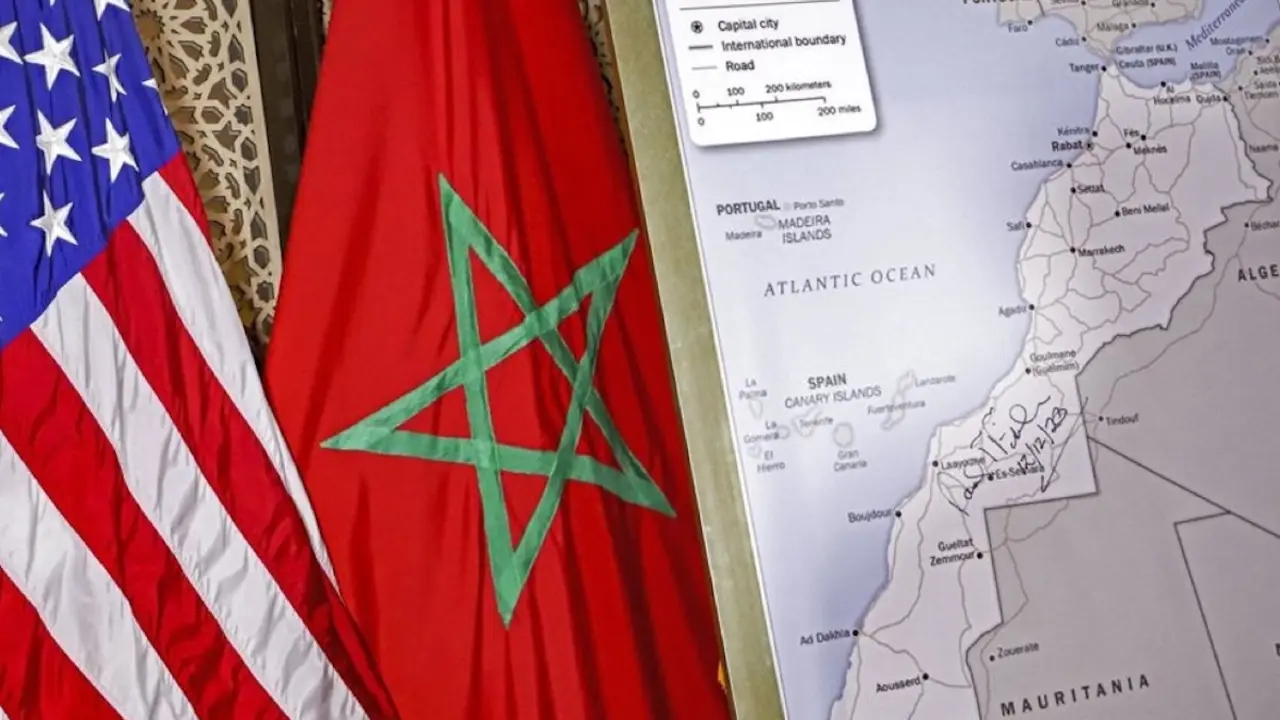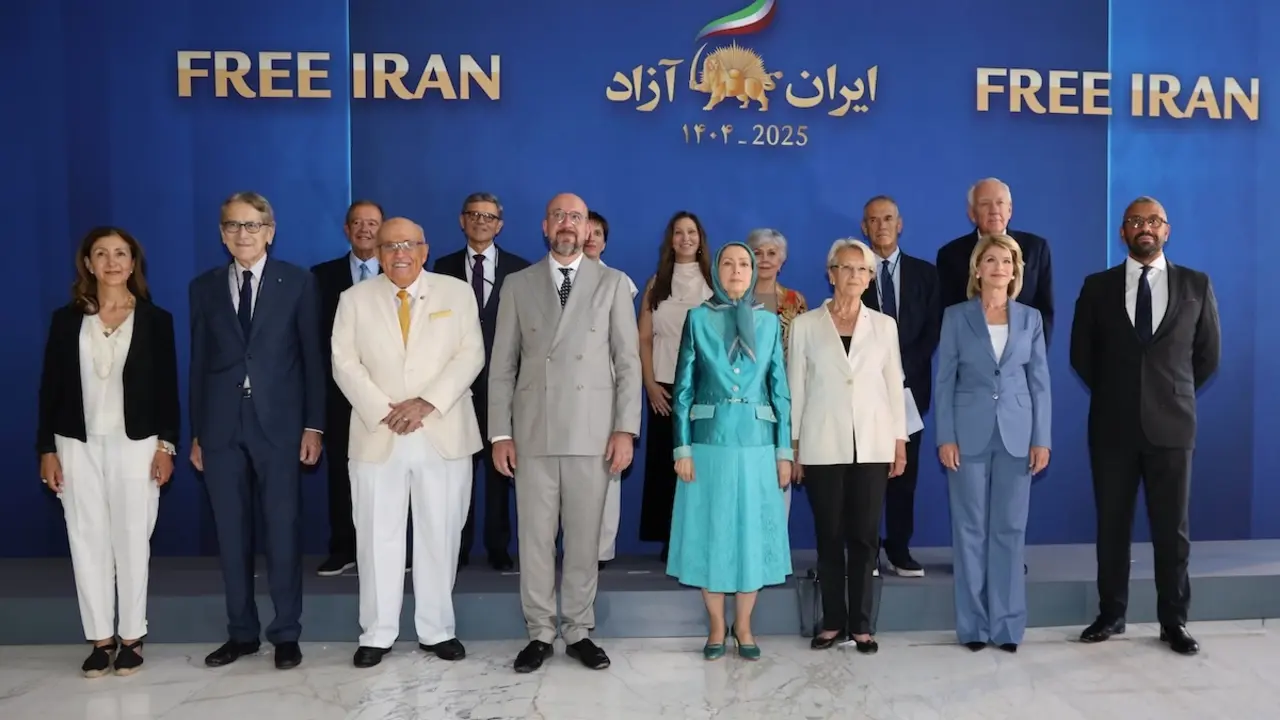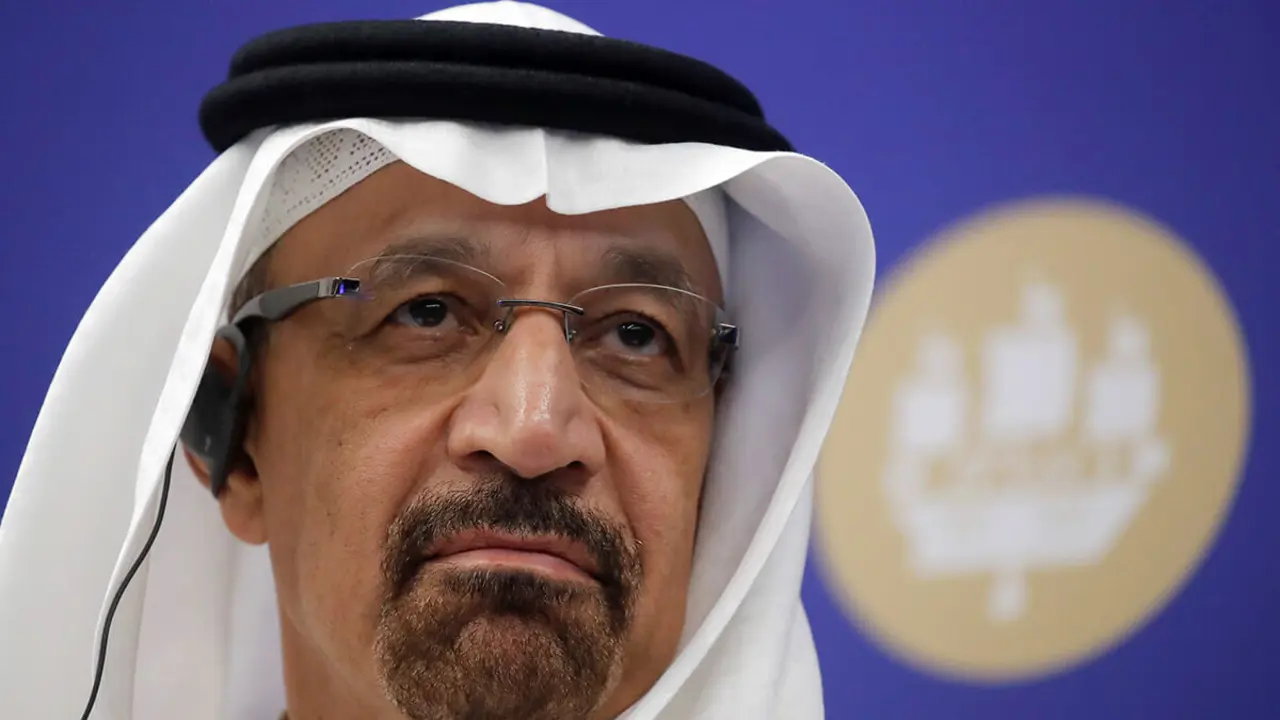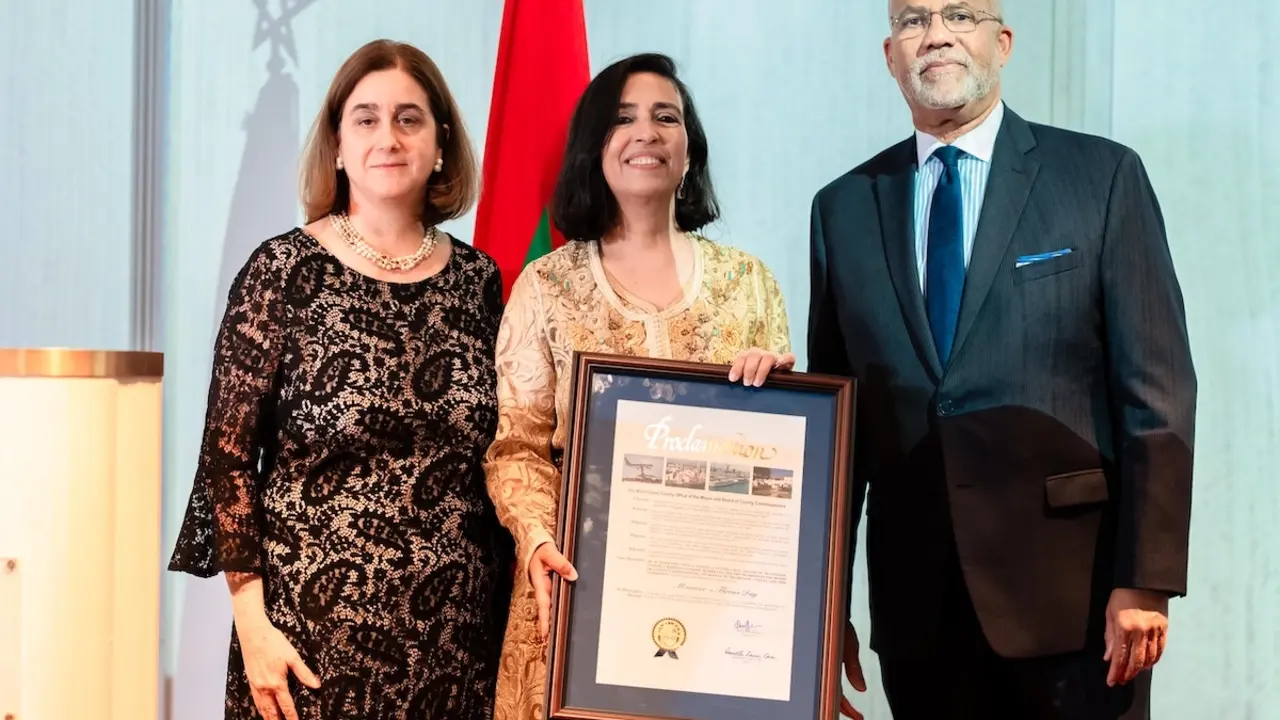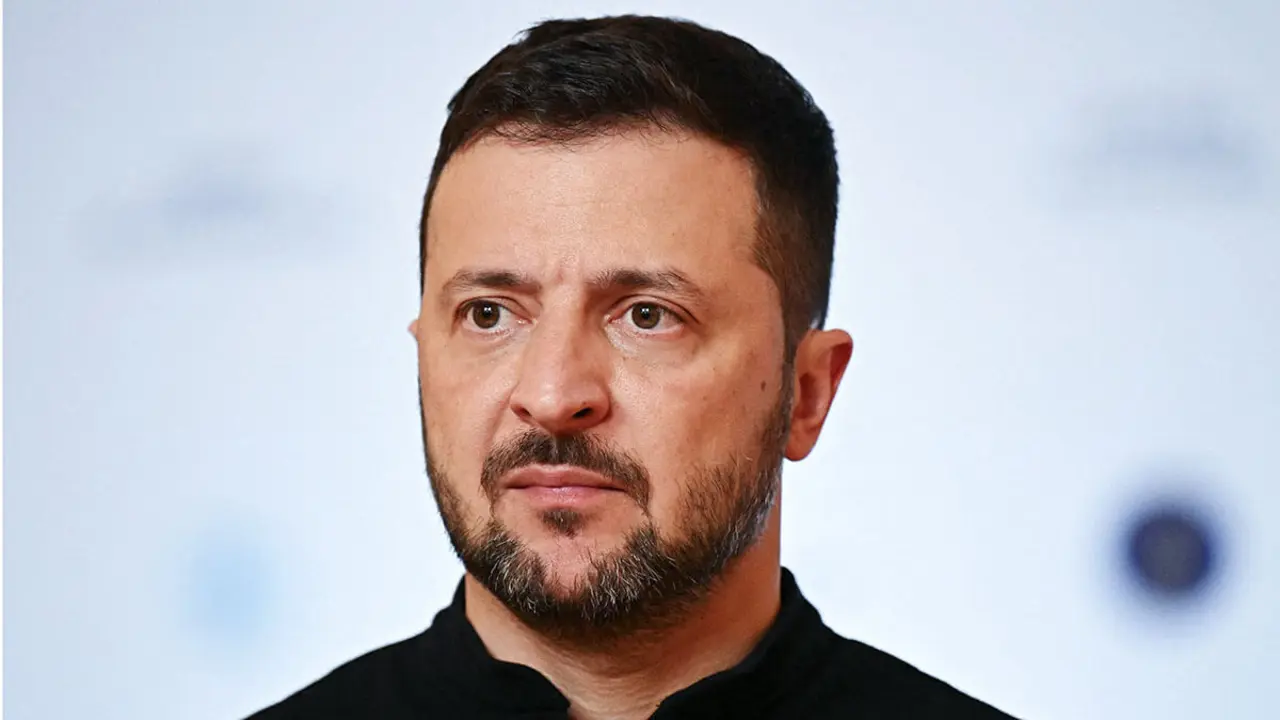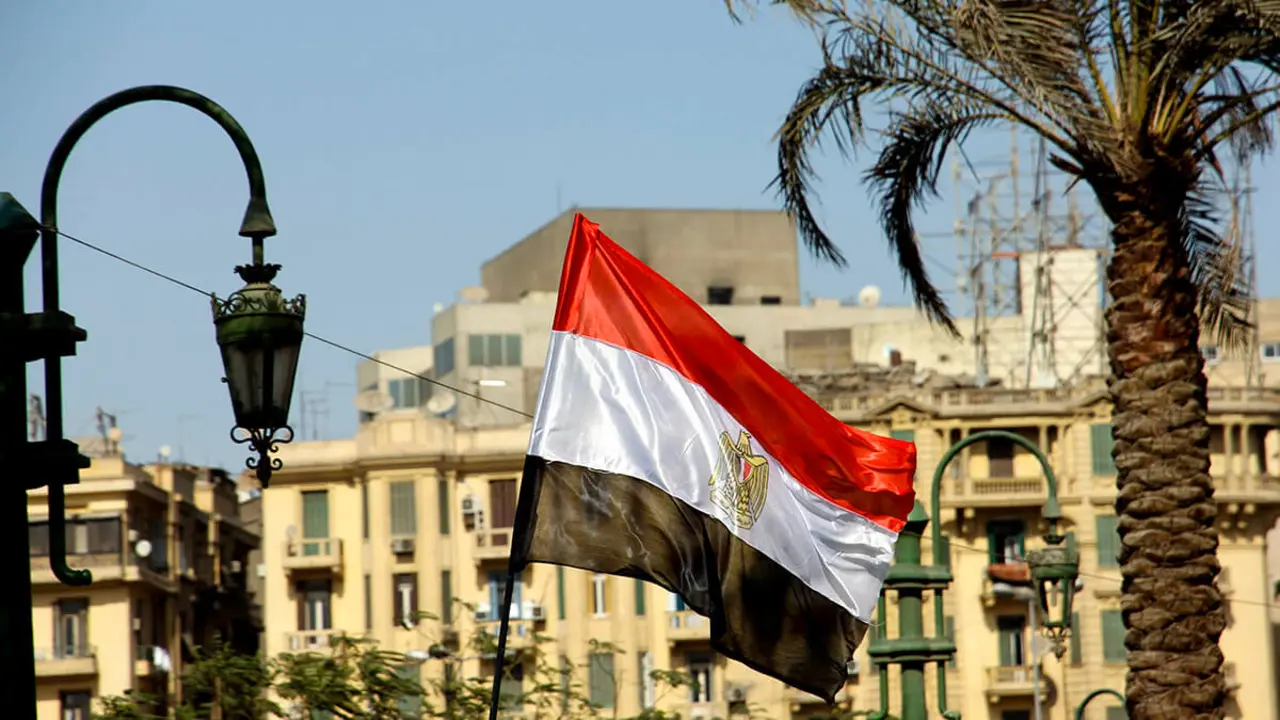UN admits that there are bribes in the Libyan peace talks while Turkey interferes financially
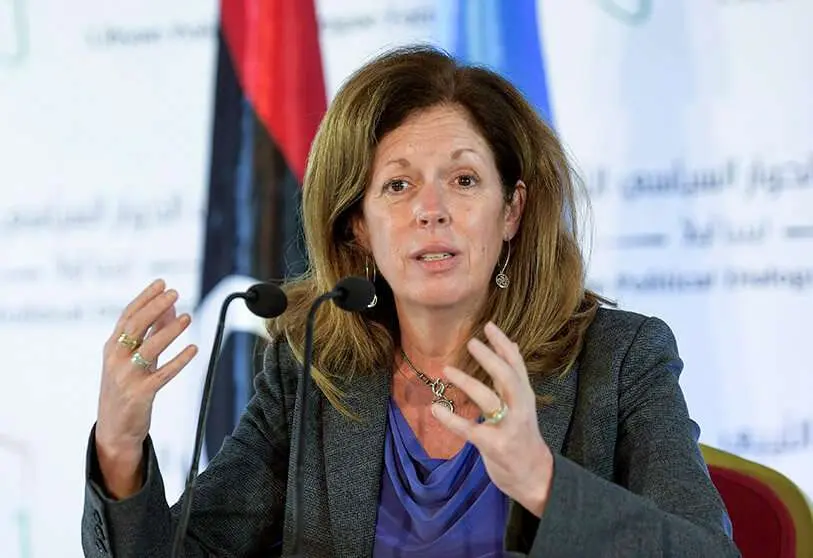
Stephanie Williams, spokeswoman for the UN mission in Libya, admitted on Wednesday to the existence of financial bribes at the Libyan Political Dialogue Forum in Tunis.
The spokesperson for the UN mission, in a statement on the social network Facebook, confirmed that the United Nations will not allow the parties to the conflict in Libya to interrupt the political dialogue, indicating that many dissuasive measures will be taken to do so.
Previously, several members of the Libyan Political Dialogue Forum had filed a complaint with the UN Support Mission in Libya, calling for the suspension of the membership of those involved in corrupt practices.
The complaint also calls for the suppression of the use of political money and bribery of conference participants to support certain parties in winning the agreement.
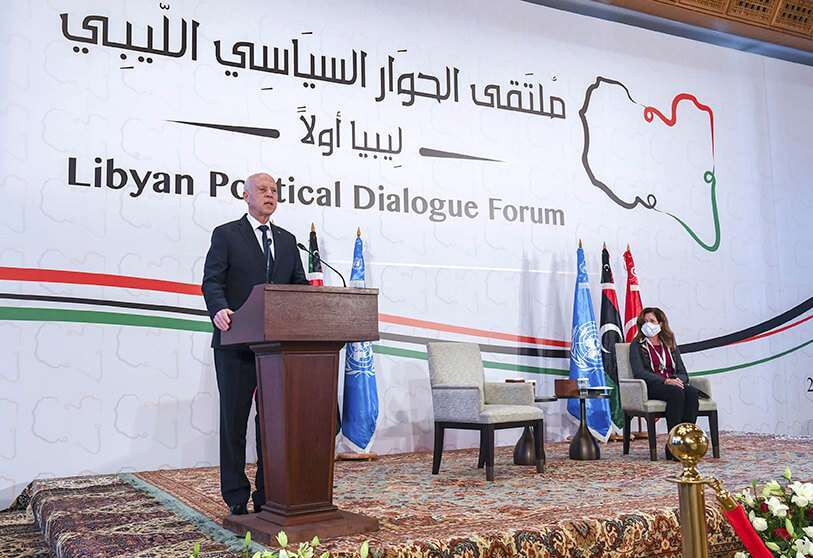
The conflict in Libya is taking steps towards a joint resolution between the opposing parties despite these reports. After almost seven years of confrontation and a completely divided country, Libyans are regaining hope of holding new elections and forming a new constitution to end seven years of failed statehood.
Libya currently has two governments: the GNA, led by Prime Minister Fayez Sarraj, and the eastern parliament of Tobruk, created in 2014 and associated with the Libyan National Army (LNA) commanded by Marshal Khalifa Haftar. The energy, economic and health crises are weighing on citizens who have been demonstrating in the streets against the two governments since August 2020.
In order to negotiate peace in Libya, three rounds of negotiations are being held in four different locations: in Geneva, where negotiations began in February to establish the first steps to be taken. Political and structural peace pacts are being discussed in Morocco and Tunisia. And in Egypt, Hurgada, where the steps to be taken to achieve a ceasefire and agree on military and security restructuring are being discussed.

The bribery scandal in the middle of the peace process is coupled with the news given by several Libyan economists last week. According to the newspaper Al-Ain, Turkey is trying to control the resources of the Libyan economy, and thus to impose its companies by direct order to acquire projects in the North African country.
The report revealed by the head of the Liquidity Crisis Committee of the Central Bank of Libya in Benghazi, Ramzi al-Agha, details how the government of Recep Tayyip Erdogan is using the Libyan cash reserves in its banks to face its crises, which prevents it from being used from Tripoli for any project related to it or returning it to the country, to save the Libyan dinar. The experts warned about an Erdogan plan to plunder the Libyan currency reserves in the Central Bank of Turkey and to use them to save their country from the "suffocating" economic crisis it is going through.
A few days ago, the Libyan prosecutor's office revealed that more than 800 million dollars were spent on fake investments that are not listed abroad. The head of the investigation of the General Prosecutor's Office Al-Siddiq al-Sour confirmed that there are cases with the Dutch and Swiss prosecutors and the company Deloitte in connection with the Libyan Investment Corporation, which invests over $65 billion abroad, indicating that there is cooperation with international companies to assist the investigation into corruption within the Libyan government with public money.
Saeed Rashwan, a Libyan economist, told Al-Ain that the Central Bank of Libya in Tripoli granted Turkey 6 billion dollars as a good interest-free loan to help the Turkish Central Bank resist the growing demand for the dollar and the continuing collapse of the Turkish lira.
These funds, which are now in the Central Bank of Turkey, will be transferred to the fees that Libya will pay as bills for the war that Ankara waged against the Libyan army, which tried to free Tripoli from the militias it controls.
The economist also pointed out that Libya's deposits may not be enough to pay the war bill, in which Turkey used thousands of mercenaries and established a salary of 2000 dollars for each of them, in addition to the warships, ships and drones, which Turkey used to save Fayez al-Sarraj's government.

